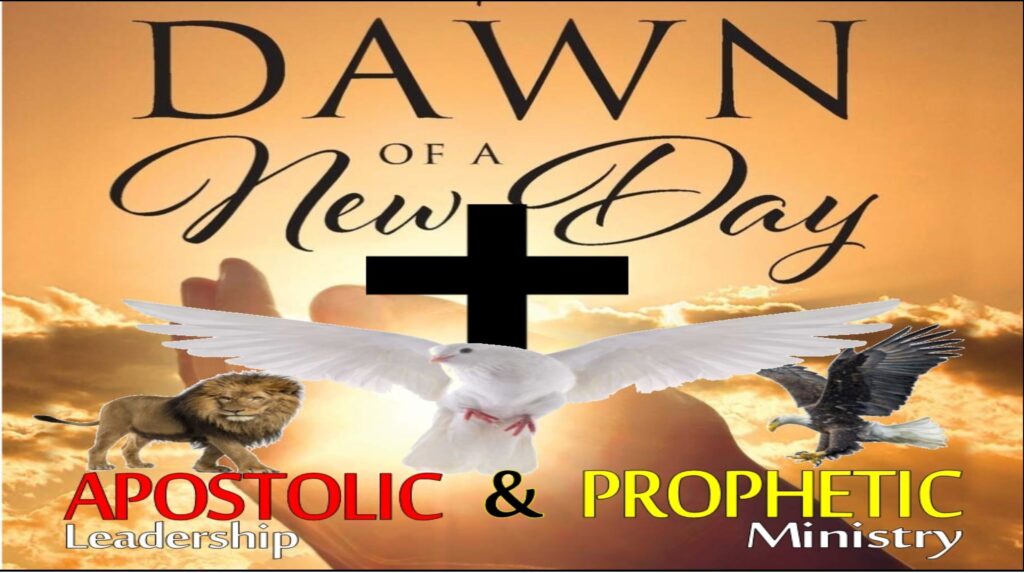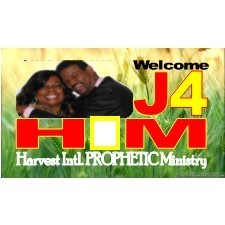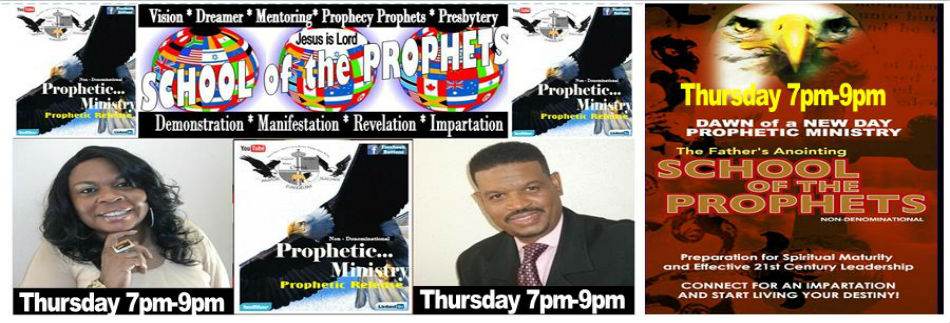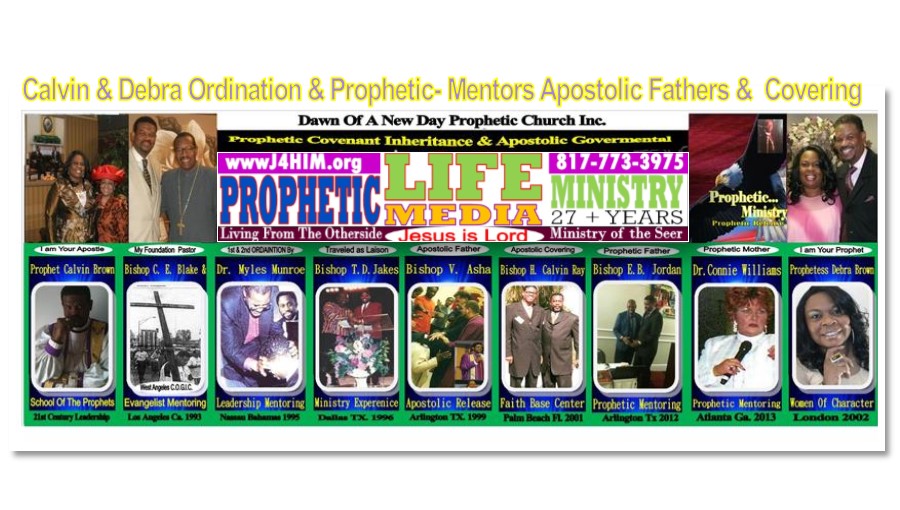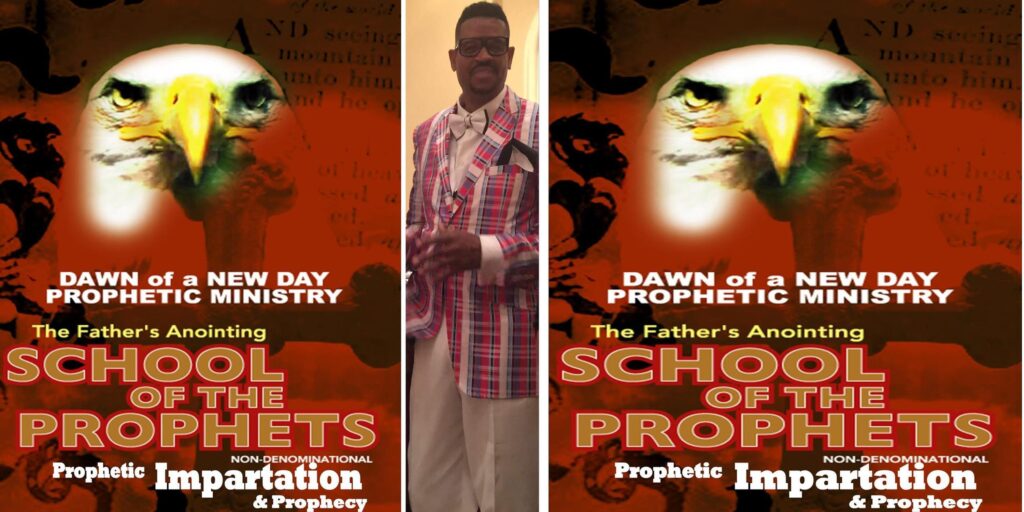Introduction
One of the difficulties of human communication is that the same word conveys different meanings to different people. For example, the word ‘peace’ means one thing to an American and another to the communist. Let’s take another word, ‘snow.’ To our children, this word stimulates associations which are very positive. They think first of no school and secondly of playing outside with sleds and snowballs and coming inside to a warm fire and hot chocolate. To us snow may mean getting up early, hazardous driving conditions, cancelled appointments and plans, and dead batteries. The word ‘church’ has all kinds of associations to various people. Most people would associate this term with Sunday, stained glass and sermons.
The term ‘New Testament church’ is no exception. By and large this expression is as meaningless to the unbeliever as a ‘left-handed monkey wrench’ is to most of our wives. Even within the Christian community there is great variance as to what this term connotes. In the denominational and Bible church circles, it probably conveys the idea of Bible-believing, or New Testament-teaching. But if being a New Testament church is a goal to which we strive, we must surely have a more concise definition in mind. It is for this reason I would like to attempt to define what a New Testament church should be. In our first message, we shall attempt an overview or broad definition, and in subsequent messages we shall be much more specific.
We will begin by describing the most generally accepted element of a New Testament church, that of its doctrinal foundation.
A. A New Testament church is a church which derives its doctrine from the New Testament.
We should all agree that a New Testament church is a church which believes and teaches the doctrines of the New Testament. Surely we are going to have some differences of opinion in some rather disputed areas of theology. We may not all agree as to the precise timing of the rapture with respect to other events, for example. There may be differences of opinion as to the exact extent of the atonement, but at least in my mind this does not make a church any less New Testament.
There must, however, be agreement in what are the so-called ‘fundamentals of the faith.’ By this I refer to the doctrines of the inspiration and authority of the Scriptures, the virgin birth, the literal, bodily resurrection of our Lord; the substitutionary atonement, the second coming of Christ, and the doctrine of the trinity. Without adherence to these fundamentals, no church should have the right to call itself New Testament.
If this were the only measure of a New Testament church, then every church which is orthodox in its doctrinal statement could be legitimately identified as a New Testament church, but there is much more that is necessary than this.
B. A New Testament church is a church which is structured and governed in accordance with New Testament principles and practices.Call Now to accept JESUS in your heart 817-773-3975
Many churches which are dogmatic about the New Testament being its only authority in matters of ‘faith and practice’ suddenly become pragmatic and relative in the matter of church doctrine and practice, formally known by its Neiman Marcus label, ‘ecclesiology.’
Some would be so bold as to say that the New Testament sheds no light on the life and practice of the church in the twentieth century. For example, Donald G. Miller states: “No particular structure of church life is divinely ordained.”1
Again he writes:
Any form … which the Holy Spirit can inhabit and to which He may impart the life of Christ, must be accepted as valid for the church. As all forms of life adapt themselves to their environment, so does the Life of Christ by His Spirit in the church.2
Few, if any, conservative Christian scholars would dare make such a sweeping statement as Mr. Miller, but while insisting that the New Testament is to be our guide in church polity and practice, there is little agreement as to just how this works out and to what principles and practices of the New Testament we are obliged to follow. A godly and highly respected church leader, Dr. Gene Getz has written:
He (Paul) was ‘a free man’—not locked into patterns and structures, either in communication or in organization and administration.3
Further, he has written,
… Paul was not consistent in the instruction he gave regarding the appointment of elders and deacons. … It is impossible, of course, to arrive at conclusive reasons as to why there is a disparity in Paul’s approach to church leadership from church to church. But, is this not part of the genius of the New Testament? Once again we see freedom in form and structure, means and methods, patterns and programs.4
Dr. Getz is not saying that the New Testament gives us no principles for church life, for later on in his book he enumerates several. The difficulty that I have with this kind of approach is this: How do we distinguish between what is binding upon us in the New Testament and what is not? The answer which Dr. Getz and others would give is that we must separate New Testament practices from New Testament principles. We must adhere to the principles and follow the practices as best as we see fit.
All of this is appealing, except for the distressing fact that Paul equated his practices with the principles that he taught:
I exhort you therefore, be imitators of me. For this reason I have sent to you Timothy, who is my beloved and faithful child in the Lord, and he will remind you of my ways which are in Christ, just as I teach everywhere in every church (1 Corinthians 4:16,17).
Unlike so many of us, Paul practiced what he preached and he preached what he practiced. Paul could instruct his readers to imitate his ways because they conformed with what he taught. His ways were not culturally oriented, but rather universally practiced ‘everywhere and in every church.’ How, then can we distinguish what Paul did, or apostolic practice, from what he taught, apostolic principle?
This raises a very logical and legitimate question. Are you saying, then, that I am to believe that the truly New Testament church should carry out every practice recorded in the New Testament? Should we wash feet and greet one another with a holy kiss? Should we meet in the Temple or in private homes? Should we do away with full-time ministers and all make tents? Let me suggest some practical (and I hope biblical) guidelines for discerning what practices were binding in the New Testament times and are binding upon us today as well. The answer to these four questions should help us to discern what New Testament practices we should persist in following today.

1. Was the practice in question universally and consistently followed in the churches of the New Testament? Those things which Timothy was sent to remind the Corinthians of were those things which Paul practiced and preached ‘everywhere in every church’ (1 Corinthians 4:16,17). Such was also the case with the head coverings in 1 Corinthians 11:16 and with the women remaining silent in the church meeting (1 Corinthians 14:33,34).5 Consequently, the principle of the silence and subjection of the woman in the church meeting cannot be thrust aside as culturally oriented, no matter how devout, sincere or well-intentioned the followers of the liberation movement may be.
On the other hand foot washing was not practiced by the church at all. It was a lesson taught to the disciples by our Lord as an example of humility. Surely we need to learn humility and to serve one another, but unless the craze of wearing no shoes or socks continues, such would be unnecessary. Nowhere in the Scriptures do we see any evidence of the New Testament churches continuing this practice as some kind of ordinance.
The same thing can be said for meeting in houses. Although the church met in various private homes (Romans 16:3-16; Philemon 2, etc.), it also met at the Temple, in various synagogues for a time, and in the school of Tyrannus (Acts 19:9). We must conclude that the church met wherever it was convenient to do so, and that no one kind of meeting place was superior to another.
2. Is the New Testament practice directly related to a principle which we would violate by neglecting that practice? The New Testament churches knew nothing of having one man called the pastor who was the head of the church. Was this simply a practice of the ancient church which has long since been abolished for a new and better way of church government? Behind this practice of plurality rule by elders is the principle of the headship of our Lord Jesus Christ. He alone is to have the preeminence in the church (Colossians 1:18; cf. Matthew 23:8-10). In addition, there is the principle of the ‘priesthood of every believer’ (1 Peter 2:5,9) which is cast aside by the distinction of laity and clergy.
Conversely, there is no principle underlying the meeting of the church in private homes, other than that of practicality. There is no principle which dictates that the church should meet on Saturday evening, as some would suggest was done in the New Testament churches. Rather we are told in Scripture that we should not compel anyone to regard one day above another (Romans 14:5,6; Colossians 2:16,17).
3. Is the practice in question a right or a responsibility? Paul often refused to be financially supported by those to whom he ministered. Since Paul ‘made his tents’ does this necessitate that we do likewise? If Paul was obliged to work, that is if it was a responsibility, then we should follow his example. However in 1 Corinthians chapter 9 Paul clearly established the right of every minister of the gospel to be supported by those to whom he ministered. Paul chose to forego the right of personal support in order to preach the gospel without offense to any. We must not compel others to do what Paul did voluntarily as a matter of Christian liberty.

4. Is there any higher principle involved, which might override a New Testament practice? Frequently in the New Testament we are instructed to ‘Greet one another with a holy kiss’ (e.g. Romans 16:16). As I have said previously there is a great deal of difference between a ‘holy kiss’ and a ‘Hollywood kiss.’ Paul is not suggesting that one of the brethren greet one of the women with a back-bending, spine-tingling embrace. In our culture, however, I am not certain that any type of kiss could be understood by those outside the household of God. The Scriptures instruct us to ‘avoid any appearance of evil’ (1 Thessalonians 5:22), and greeting with a kiss in the church may well appear evil to some.
In a case such as this there is a completely acceptable alternative, I believe. We must first ask ourselves what the principle behind this instruction is. I would understand it to be that Christians should give outward evidence of their deep and abiding love and affection for one another. In addition the Scriptures teach us that our relationships between members of the opposite sex should be in good taste and beyond criticism (cf. 1 Timothy 5:2). Since greeting with a kiss may bring reproach to the name of our Lord we may carry out the principle of warmth and affection by an acceptable form of greeting, such as the handshake. J. B. Phillips catches the force of Paul’s instruction when he renders the expression,
Give one another a hearty handshake all round for my sake (Romans 16:16).
What are these principles which distinguish a New Testament church from those which fall short? Let me briefly mention a few, while suggesting the application of these principles to church polity and practice.6
(a) There is only one church, or the unity of the church. The universal church consists of every believer in Jesus Christ from the death of Christ to the rapture. Although we speak of the Baptist Church and the Lutheran Church and so on there is only one church. It is the obligation of the local church to demonstrate this unity, not by setting itself apart as distinct from other biblical churches, but by identifying with them. Some of us act as though if a letter were written to the church in Dallas it would be delivered only to whatever church we happen to belong to.
(b) Every Believer in Jesus Christ is a member of the church of Jesus Christ, 1 Corinthians 12:27. Many churches refuse to allow an individual to partake of Communion who are not ‘members’ of their church. We should accept any believer into our fellowship without discrimination of any kind, save for disciplinary reasons, Romans 15:7.
(c) Jesus Christ is the Head of the Church, Ephesians 5:23; Colossians 1:18. As the Head of the church, Jesus Christ should have the pre-eminence. There should be no man who exalts himself or allows himself to become the function ‘head’ of the church. This would necessitate rule by a plurality (e.g. Matthew 23:8-12; also note that in the New Testament ‘elders’ is plural:Philippians 1:1; Acts 20:17,287).
(d) Every believer in Jesus Christ is a priest, 1 Peter 2:5,9. The Old Testament distinction of laity and clergy has been abolished. The New Testament church cannot allow these laity-clergy distinctions to linger on.
(e) The church of Jesus Christ is holy, 1 Corinthians 3:17. This holiness must be maintained by church discipline, cf. Matthew 18:15-20; 1 Corinthians 5:5, etc.
(f) In the church, as in marriage, the man is to reflect the headship of Christ and the woman is privileged to portray the submission of the church to her Lord. Men do this by assuming the leadership role, while women refrain from leadership in the church meetings (Ephesians 5:22-33;1 Corinthians 11:1-16; 14:34-36; 1 Timothy 2:9-15).
I want to be the first to emphasize that the Scriptures leave a great deal of room for variation in the application of these principles. We should not expect New Testament churches to be carbon copies of one another. The Scriptures also are very informative in what they do not tell us. It would have been very comforting to the leadership of our assembly had the Scriptures spelled out precisely how to recognize elders, but such was not the case. Principles not only demand a latitude in application, they also require faith in application.
C. A New Testament church is one that expresses the life of Christ in a tangible way.
I have a very good friend who some time ago attended what was described as a New Testament meeting of the church. In terms of its form and structure it would commonly be known as a New Testament church. That particular meeting left much to be desired (as will happen in any church). As he left the meeting my friend remarked, “I don’t know what that was, but it wasn’t what turned the world upside down.”
What my friend observed is a very significant point, which is simply this: You can have all the forms of a New Testament church and be absolutely lifeless and useless. This is why I must include this third characteristic of a New Testament church: The truly New Testament church is one that not only maintains the forms of New Testament ecclesiology (church doctrine and practice), but also continues the function of the New Testament church. A New Testament church must be New Testament in both form and function.
There are many ways to evaluate this function. Dr. Gene Getz, in his bookThe Measure of a Church, suggests that we evaluate on the basis of three essential ingredients, faith, hope, and love. Surely these are essential to a New Testament Church. But I would like to suggest a somewhat simpler basis of evaluation. I would put forth the standard of our Lord Jesus Himself. He surely is the ‘measure of a man’ as well as the ‘measure of a church.’
The church is frequently referred to as the ‘body of Christ’ (1 Corinthians 12:12ff.). This is no mere metaphor, it is a wonderful reality. When the writer of Acts, Dr. Luke, introduced this book to Theophilus, he referred to his first work, the gospel of Luke, as recording ‘all that Jesus began to do and teach’ (Acts 1:1). The inference to me is crystal clear. All that Jesus began to do and to teach the church, His body, continued (not only in Acts, but today!) to do and to teach. The function of the church in its most simplistic form is to continue to live out the life of Christ in the world. In the next several weeks we are going to study what this means in specific terms, but suffice it to say that for the present moment, no church lives up to its New Testament standard unless it is evident that Christ is alive and well on planet earth so to speak. We are to bring to the world the good news of the gospel, we are to teach and train as did our Lord, we are to minister to the physical and material needs of both saved and lost men and women. We are to worship the Father and bring honor and glory to His name.
What, then, is a New Testament church? It is a church that looks to the inspired Word of God, not only for its doctrines as they relate to the individual in His relationship with God, but also for the principles by which the church is to be governed and carry on its task in the world. Beyond this, the New Testament church is the church which lives out the life of our Lord through its various members who make up the body.
Applications
The first thing I would say by way of application is that we ought not be too quick to claim for ourselves that we are a truly New Testament church. If a New Testament church must have the function as well as the form of the New Testament church, we had better be careful about claiming to have attained to this. A New Testament church has New Testament life and vitality and growth. None of us has arrived to this standard I fear. Being a New Testament church is like attaining to ‘the fulness of the stature of Christ,’ something to strive for, but nothing to boast of.

Second, and this will sound heretical, I would not want to recommend that you attend a church simply because it claimed to be New Testament in its organizational structure. If I had to choose between a supposedly New Testament church which had no life, no vitality, no ministry, no outreach or vision, and a church which was faithful to the Scriptures in every way but in the matter of church structure, but had a vibrant ministry, I would not linger long over a decision. A church without New Testament principles, but with New Testament life is more New Testament than one with only the proper forms.
Finally, there is an ever-present danger for those of us who are a part of what are called New Testament churches to be puffed up with pride. I cannot help but be reminded of the carnality of the Corinthians in a similar fashion:
Now I mean this, that each one of you is saying, ‘I am of Paul,’ and ‘I of Apollos,’ and ‘I of Cephas,’ and ‘I of Christ’ (1 Corinthians 1:12).
Now all of us would agree about the carnality of those who sided with Paul, Apollos, and Peter. But what was wrong with those who sided with Christ? How could they be wrong? They were wrong, not so much in their doctrine as in their attitudes. So, also, we may look down our noses at those who say, “I am a Baptist” or “I am a Lutheran,” and we smugly think to ourselves, “But I go to a New Testament church.” God keep us from this kind of pride.
1 Donald G. Miller, The Nature and Mission of the Church, p. 82, as quoted by Robert Saucy, The Church in God’s Program (Chicago: Moody Press, 1972), p. 105.
2 Ibid.
3 Gene A. Getz, Sharpening the Focus of the Church (Chicago: Moody Press, 1974), p. 109.
4 Ibid, pp. 109, 110.
5 I agree with the rendering of the New International Version which includes the end of verse 33 with verse 34.
6 The careful student will want to study, The Principles of the New Testament Church by Bill McRae (Dallas: Believers Chapel, n.d.).
7 In 1 Timothy 3:2 the use of the singular, ‘an overseer’ is a ‘generic use’ of the singular, speaking of the elders as a class, as we would say, “The fox is a wily animal.” Cf. 1 Timothy 5:9, ‘a widow.’
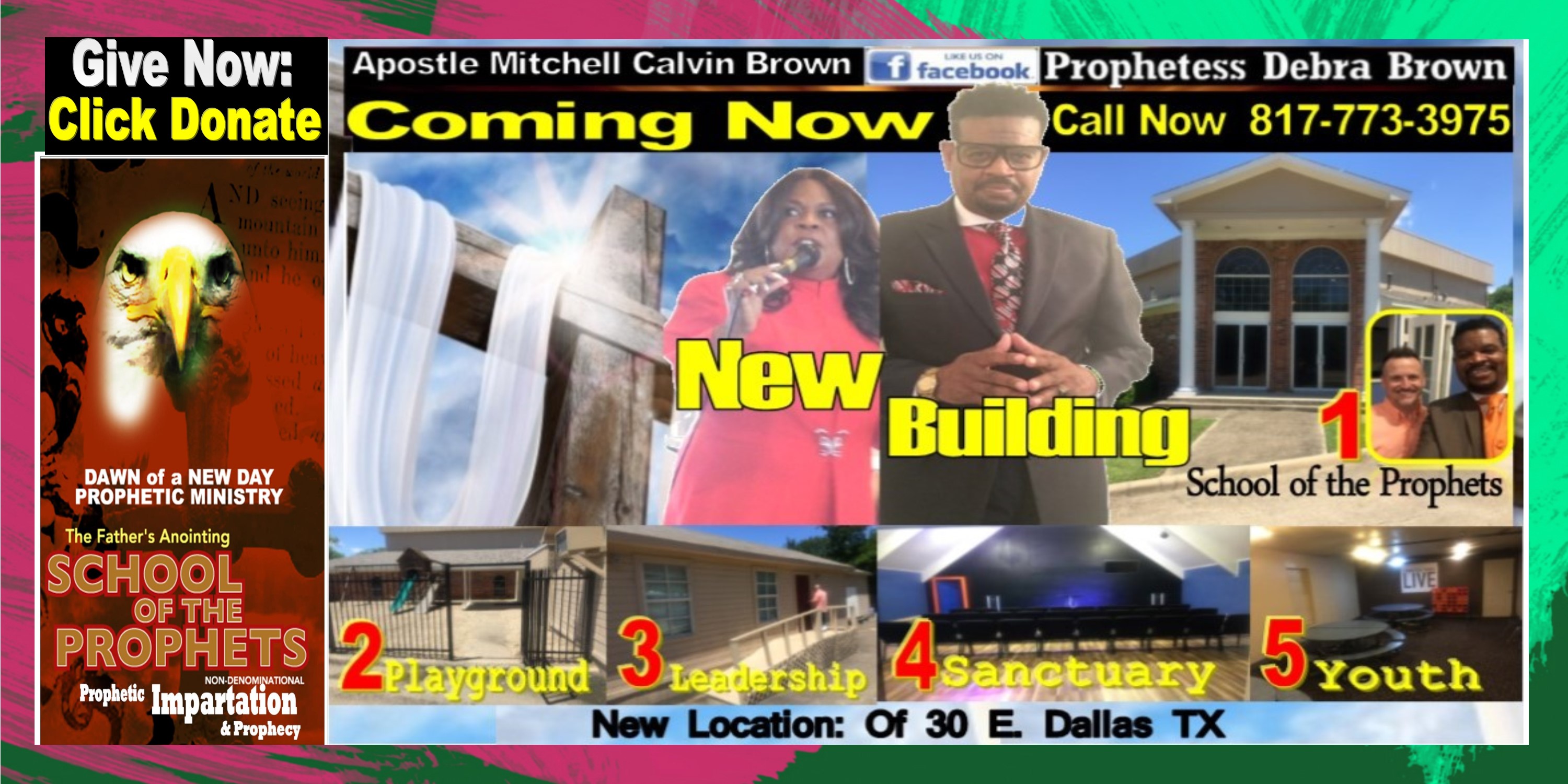
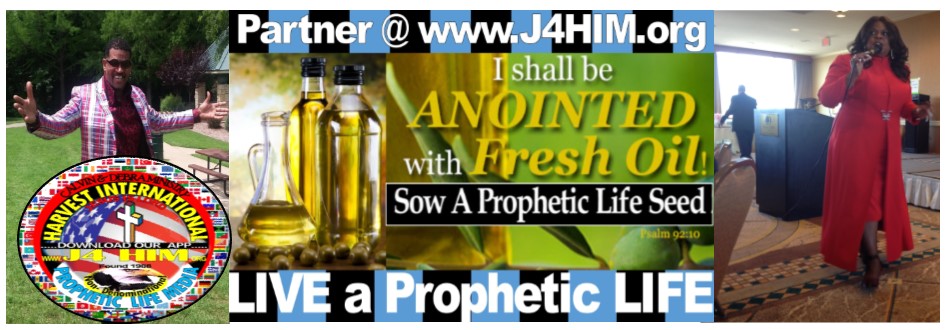
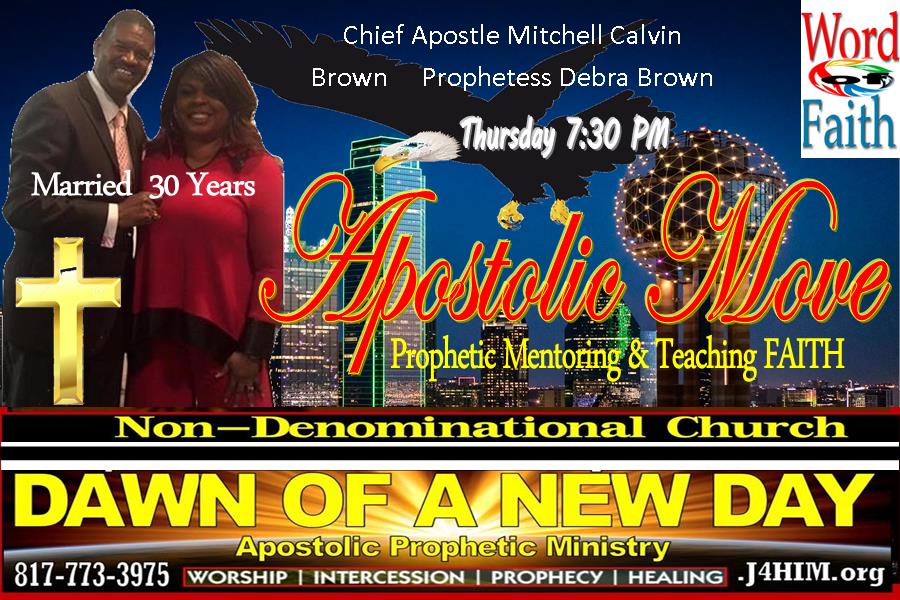

 . “We have different gifts, according to the grace given to us. If a man’s gift is prophesying, let him use it in proportion to his faith.
. “We have different gifts, according to the grace given to us. If a man’s gift is prophesying, let him use it in proportion to his faith. PROPHET’ICAL
PROPHET’ICAL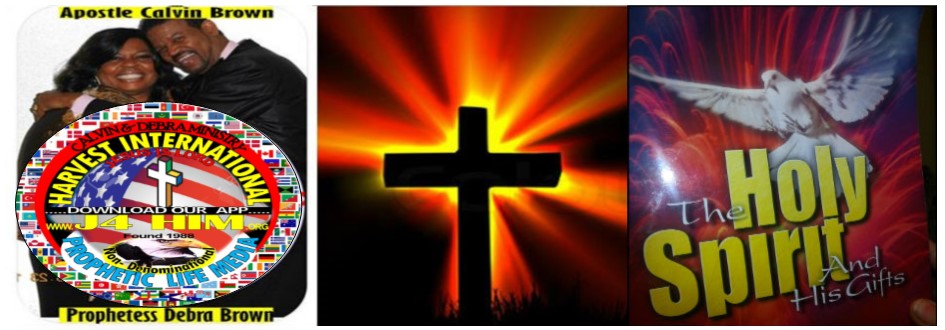 COVERING, Psa_105:39 He spread a cloud for a covering; fire to give light in night. Spreading laying over; concealing; vailing; clothing; wrapping; inclosing; protecting; disguising. whether for security or concealment. Noah removed the covering of the ark. Gen 8. He spread a cloud for a covering. Psa 105. FEL’LOWSHIP Gal_2:9 And when James, Cephas, and John, who seemed to be pillars, perceived the grace that was given unto me, they gave to me and Barnabas the right hands of fellowship; that we should go
COVERING, Psa_105:39 He spread a cloud for a covering; fire to give light in night. Spreading laying over; concealing; vailing; clothing; wrapping; inclosing; protecting; disguising. whether for security or concealment. Noah removed the covering of the ark. Gen 8. He spread a cloud for a covering. Psa 105. FEL’LOWSHIP Gal_2:9 And when James, Cephas, and John, who seemed to be pillars, perceived the grace that was given unto me, they gave to me and Barnabas the right hands of fellowship; that we should go PRO’TOCOL, OR’DER, v.t. 1. To regulate, systemize; adjust; subject to a system, management domestic affairs with prudence. To lead; to conduct; to subject to rules or laws. To him that ordereth his conversation aright, will I show the salvation of God. Psa 50. order the child? Judg 13. Order my steps in thy word. Psa 119. 1Co_14:40
PRO’TOCOL, OR’DER, v.t. 1. To regulate, systemize; adjust; subject to a system, management domestic affairs with prudence. To lead; to conduct; to subject to rules or laws. To him that ordereth his conversation aright, will I show the salvation of God. Psa 50. order the child? Judg 13. Order my steps in thy word. Psa 119. 1Co_14:40
